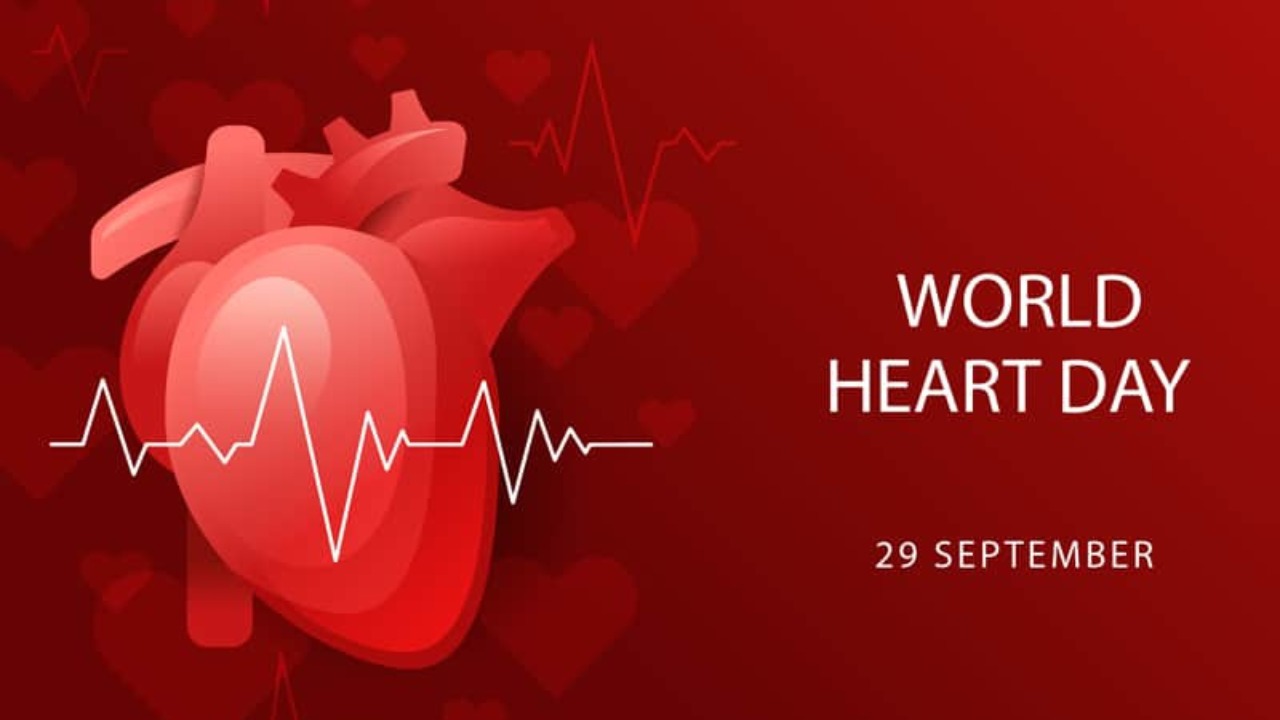World Heart Day, an annual event celebrated on September 29th, serves as a global initiative to increase awareness about heart diseases and their preventative measures within the cardiovascular health community. Cardiovascular diseases (CVDs) encompass a range of heart and blood vessel disorders, including coronary heart disease, cerebrovascular disease, rheumatic heart disease, and more.
Tragically, over 80% of CVD-related fatalities are attributed to heart attacks and strokes, with one-third of these deaths occurring prematurely in individuals under 70 years of age. Heart attacks, strokes, and coronary heart disease consistently rank among the leading causes of death due to cardiovascular issues in diverse populations, accounting for nearly 85% of all cardiovascular-related deaths. According to the World Health Organization (WHO), the primary behavioral risk factors for heart disease include an unhealthy diet, physical inactivity, tobacco use, and excessive alcohol consumption.
Mukhtar Ahmad Ali, representing the Centre for Peace and Development Initiatives (CPDI) in Pakistan, in collaboration with the Global Health Advocacy Incubator, is actively engaged in the elimination of trans fats from the food supply to combat cardiovascular diseases. He emphasized, "Life is fleeting, but our negligence can make it even shorter." Ali went on to say, "The heart is the vital organ of the human body, and if we neglect it, our lives are compromised. World Heart Day serves as a reminder to care for our hearts before it's too late." Citing statistics, he added, "Globally, cardiovascular ailments claim 17.9 million lives each year. In Pakistan, as per WHO estimates from 2016, nearly 29% of noncommunicable disease-related deaths are attributable to heart-related disorders, which is a cause for alarm."
It is noteworthy that behavioral risk factors contribute to elevated blood pressure, increased blood glucose levels, high blood lipid levels, and overweight or obesity. Health experts emphasize that these intermediate risk factors can be assessed at primary care facilities and provide early indications of an elevated risk of heart attacks, strokes, heart failure, and other complications. "Pakistan needs to prioritize the enhancement of preventive cardiology to curb the rapid spread of CVDs," urged Prof. Dr. Anjum Jalal, a renowned cardiac surgeon currently serving as the Executive Director of Punjab Institute of Cardiology in Lahore and the Dean of the Faculty of Cardiac Surgery at the College of Physicians & Surgeons Pakistan. He added, "There is a pressing need to address dietary risk factors, such as reducing the presence of trans fatty acids in all food supplies in Pakistan."
Dr. Khawaja Masuood Ahmed, the National Coordinator for Nutrition and NFA at the Ministry of National Health Services, Regulations, and Coordination, emphasized the impact of dietary risk factors on CVDs. He stated, "In Pakistan, approximately 3 out of 10 deaths are attributed to CVDs." Discussing dietary risk factors, he pointed out, "High consumption of trans fatty acids (TFAs), sugar (especially sugary beverages), sodium (edible salt), and a lack of physical activity, along with low intake of fruits and vegetables, are significant contributors to CVDs." When addressing strategies to control industrially produced trans-fatty acids (TFA) in food, Dr. Masuood cited international best practices and urged Pakistan to eliminate industrially produced TFA by setting a 2% limit of TFA content in total fats across all food products. He mentioned that the Ministry of Health has already initiated this process, concluding, "With adequate regulations in place, we can restrict the presence of unhealthy fats in the food system and safeguard our population from numerous CVDs."



























